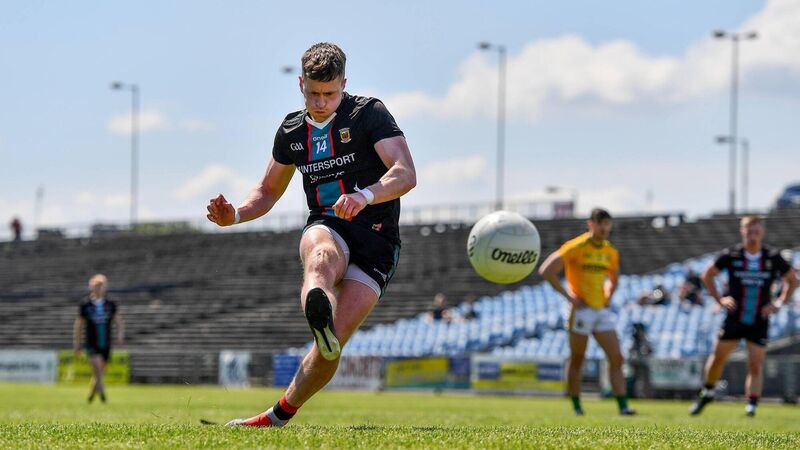Colin Sheridan: Cillian O'Connor still holds the baton for Mayo

Up to his devastating ACL injury twelve months ago, Cillian O'Connor had, over the course of a decade, defied the Mayo stereotype of producing temperamental un-manageable geniuses, to become a beautifully boring footballer. Boring in his brilliance.








